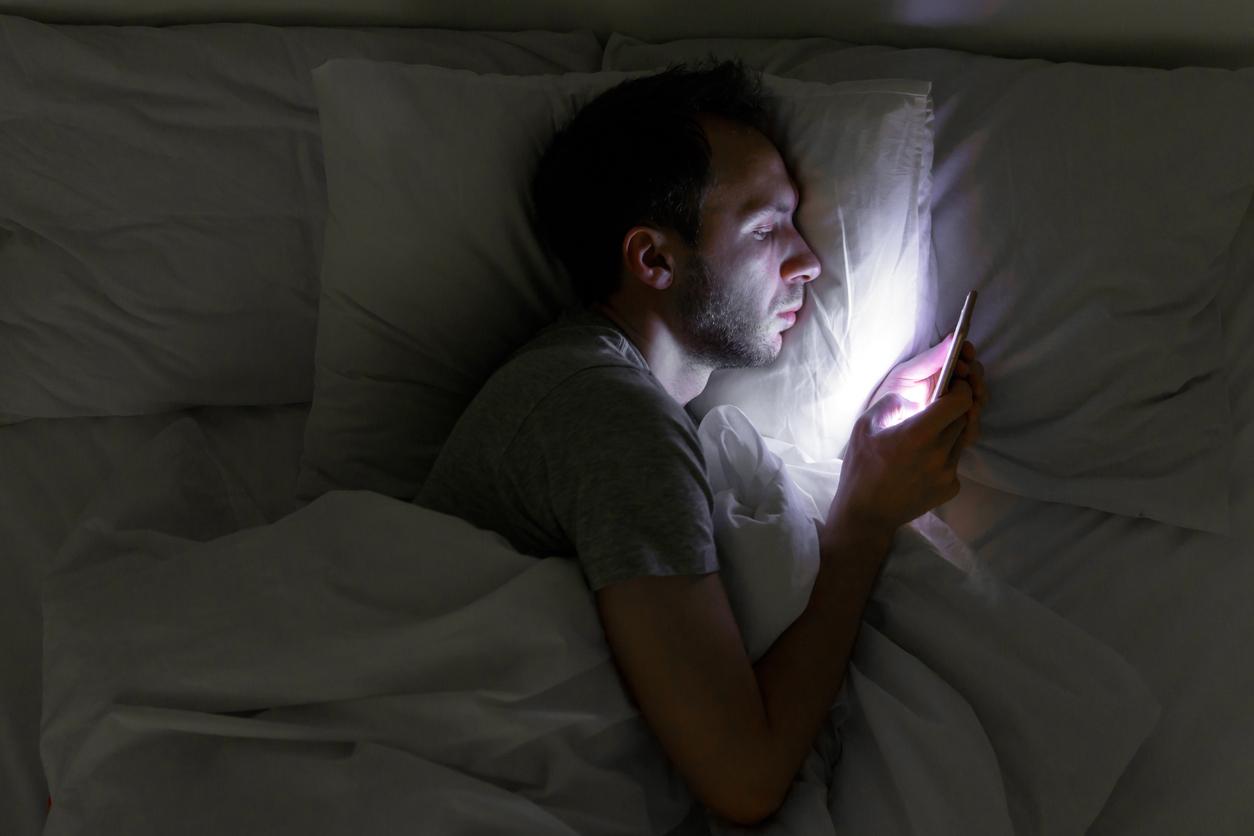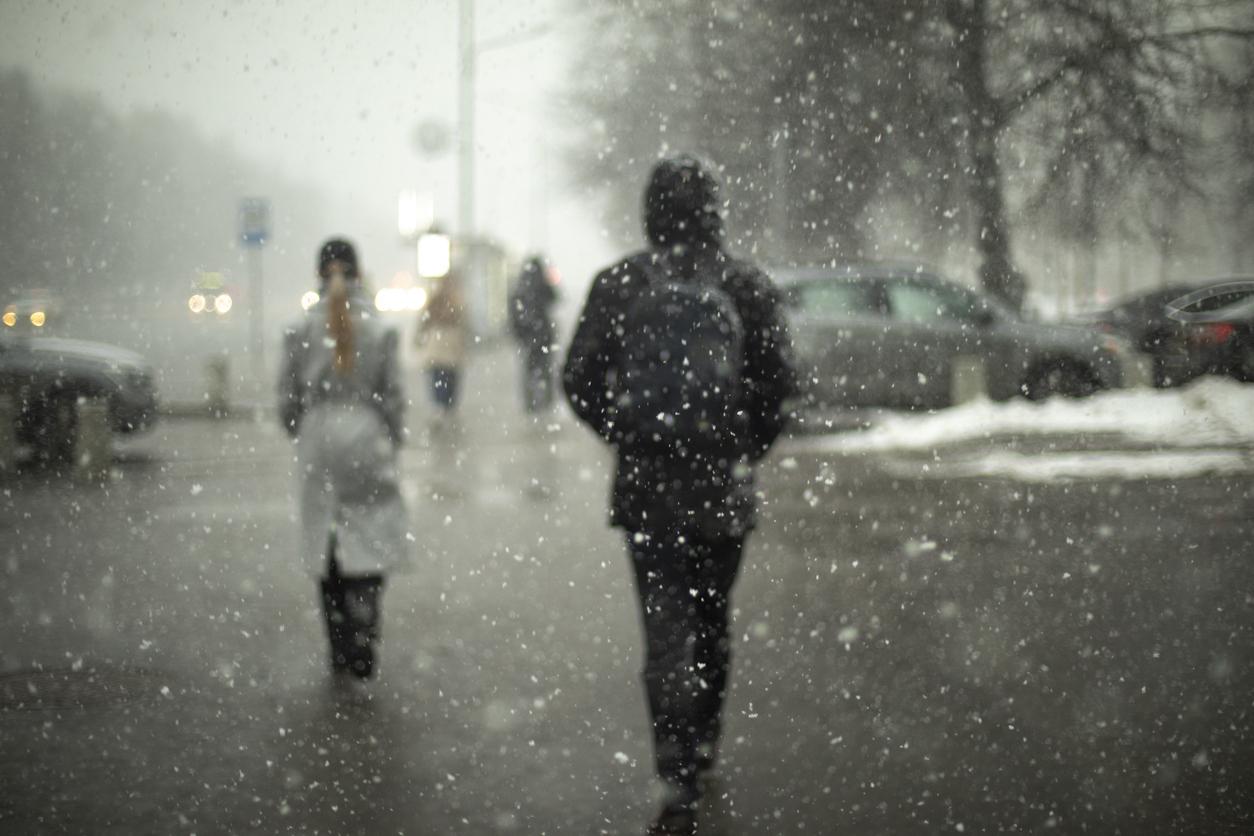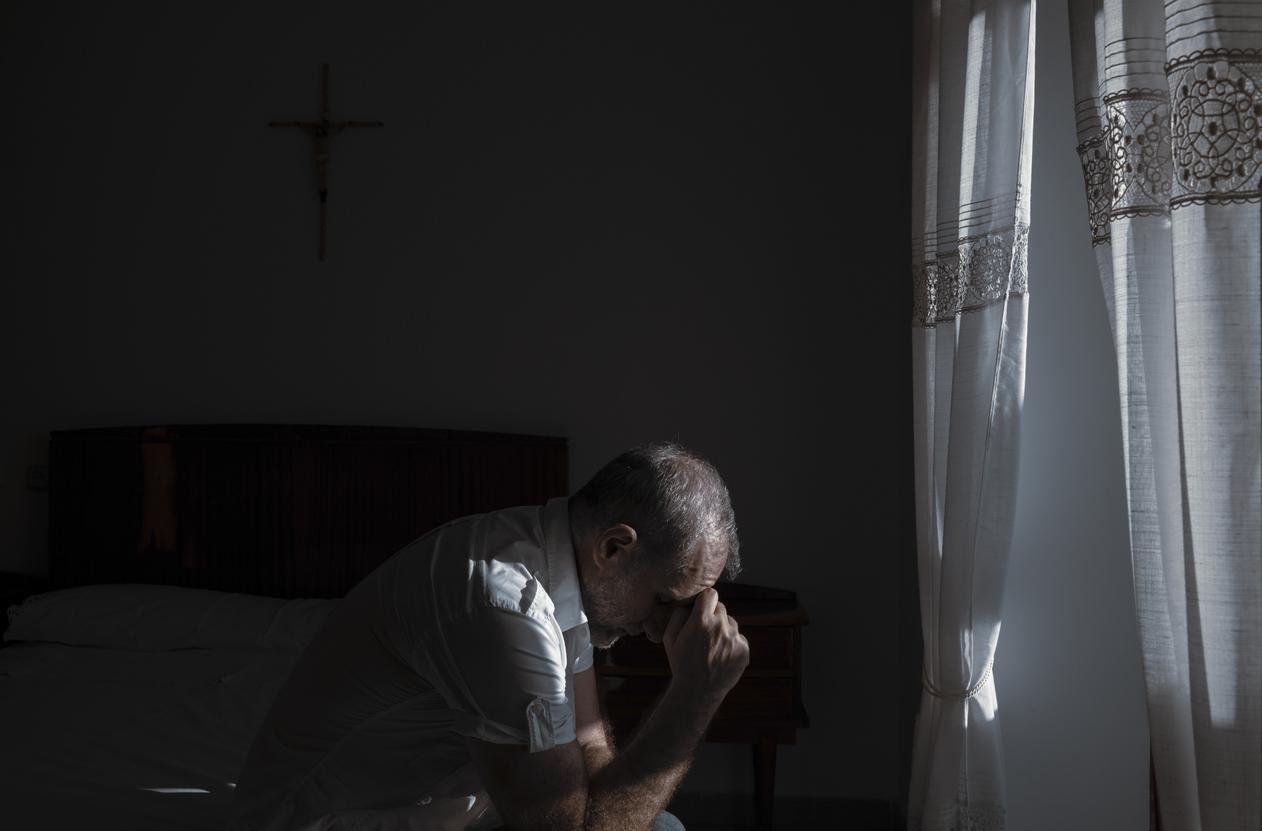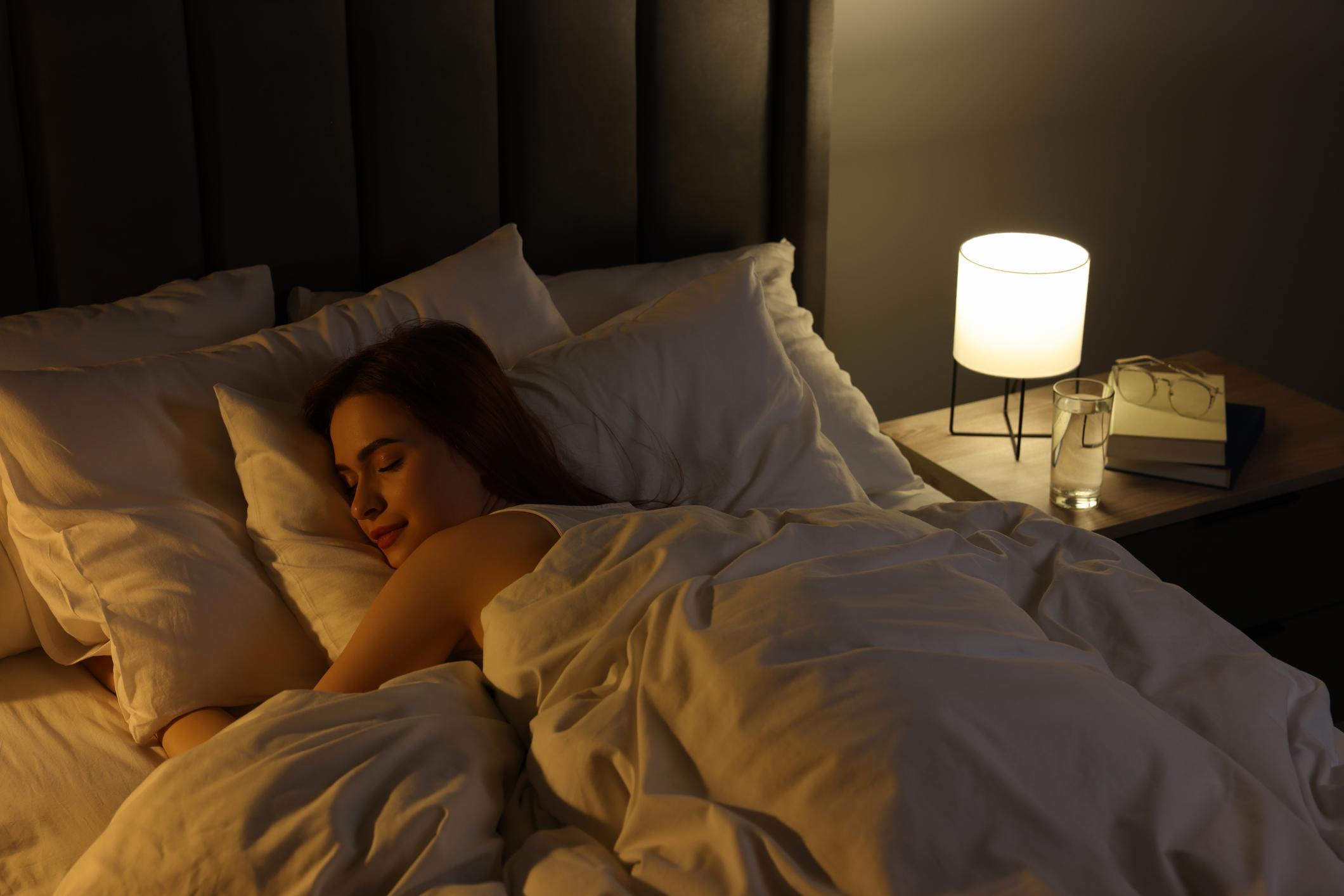People with brighter nights and darker days are at higher risk of premature mortality.

- People who are awake and exposed to light regularly at night and often darkness during the day tend to have a higher mortality risk.
- The increased risk was found to be more pronounced in people with heart disease.
- Researchers recommend avoiding nighttime light and exposing yourself to more light during the day to promote optimal health and longevity.
Light enhances or disrupts circadian rhythms, depending on the time of exposure. Disruption of this internal clock of the human body contributes to poor health outcomes, which increase the risk of mortality. “It is not known whether personal exposure to daytime and nighttime light predicts mortality risk”said researchers and sleep specialists from several institutions in Australia, the United States and the United Kingdom.
A link between exposure to light at night and an increased risk of premature death
In a study, they consulted the data of 88,905 people from the UK Biobank. These patients wore wrist devices that tracked light exposure. The scientists focused on the mortality of volunteers followed over an eight-year period and their exposure to light at night or darkness during the day. In total, 3,750 participants died. Of these, 798 were associated with heart problems.
The results, published in the journal Proceedings of the National Academy of Sciencesshowed that people with more intense daylight had a progressively lower risk of all-cause mortality. In contrast, those exposed to brighter light at night had a progressively higher risk of all-cause mortality, compared to adults living in darker environments. The authors were also able to observe disruptions in the circadian rhythm in people regularly exposed to light at night, which exposes them to a large number of diseases, particularly heart diseases.
Minimize exposure to nighttime light but maximize exposure to daylight
“The results were confirmed after adjusting for age, gender, ethnicity, photoperiod, and sociodemographic and lifestyle factors,” can we read in the research. In the findings, the team suggests we stay in the dark late at night and early in the morning, when the circadian rhythm is most likely to be disrupted. “And if possible, people should expose themselves to more light during the day. (…) A recommendation is both accessible and cost-effective.”

















